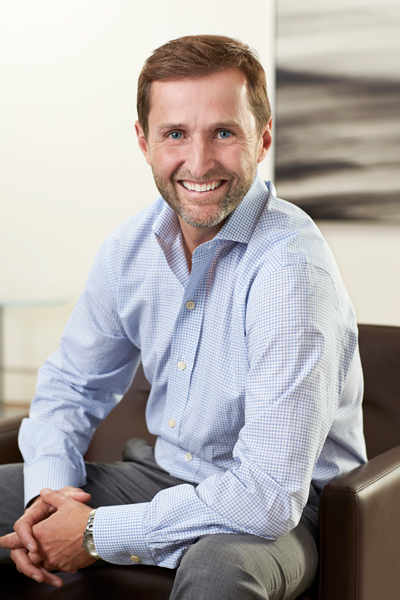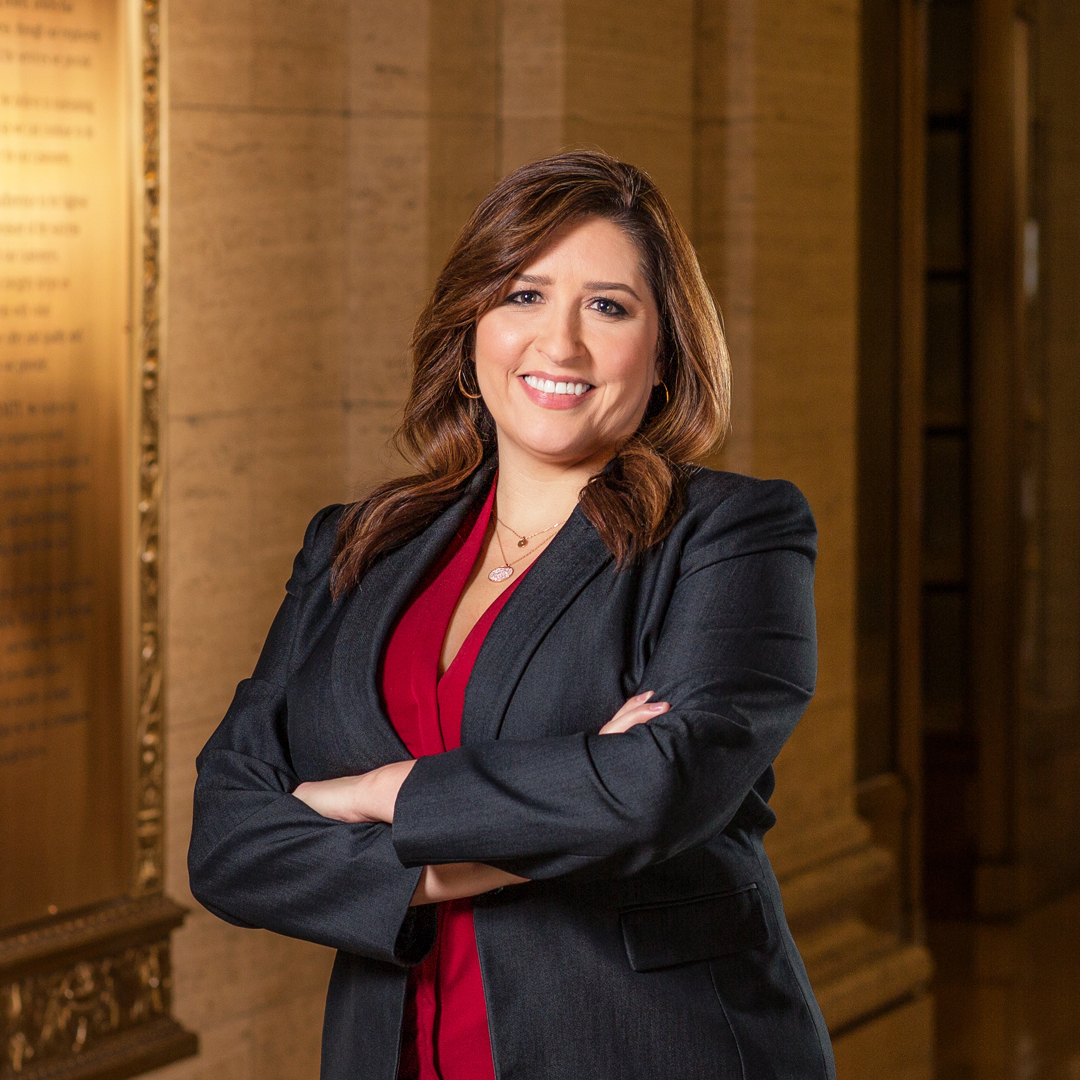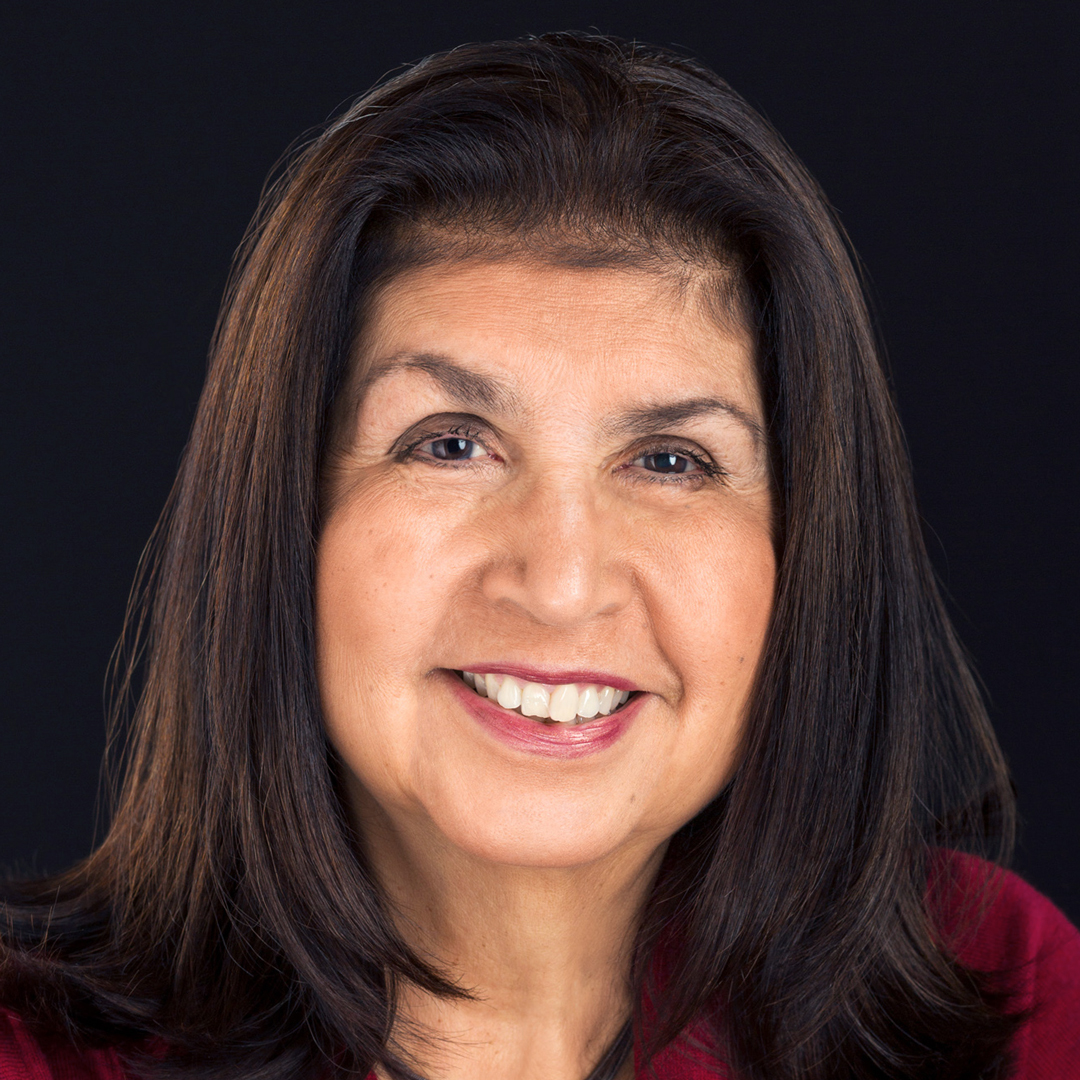|
Getting your Trinity Audio player ready...
|
Fake fashion—it’s just a harmless way to sport a label that might otherwise be unaffordable, right? Wrong. The fake fashion industry produces an estimated $450 billion in merchandise every year, according to the Organization for Economic Cooperation and Development. That’s theft on a large scale, as well as the loss of significant profits being taken from the companies that designed and built those products in line with high ethical, environmental, and quality standards.
Tom Garcia, senior vice president, general counsel, and compliance officer for Deckers Brands, is well aware of this problem. His legal team, which includes lawyers and brand integrity experts, protects the fashion footwear company’s iconic brands from piracy.

This is no easy feat, given the popularity of Deckers’ family of brands, including UGG, Hoka One One, Teva, and Sanuk. The iconic UGG Classic boot and derivative family of styles, favored by Hollywood elite, are among the most illegally copied: more than 2.5 million counterfeit versions have been seized worldwide since 2007.
Deckers’ primary weapons against this piracy are litigation, customs enforcement, and consumer education. Consumer education is becoming the most important tool, achieved primarily through social media: the Deckers Integrity Team routinely uses Facebook and Twitter to communicate with consumers and protect them from unwittingly purchasing counterfeits.
“Theft of intellectual property is one of the biggest challenges to our industry,” says Garcia. “It’s a global problem.” He says online sales of fake fashion is a quickly evolving fight, but they’ve successfully removed more than 55,000 ecommerce websites hawking IP-violating footwear.
But the fight against piracy has an even starker impact, one that goes beyond the loss of intellectual property. Those fake products are also linked to child labor, drug trafficking, and terrorism, according to Interpol, the international police organization. The involvement of organized crime in the production and distribution of counterfeit goods is a serious issue that impacts both social and environmental concerns. Legitimate brands like those made by Deckers adhere to an ethical code of business practices. That includes tight oversight of trusted factories and suppliers that operate efficient, safe, and ethical workplaces in compliance with product safety and environmental standards.
“We have an amazing global team that is incredibly dedicated to every aspect of corporate responsibility. Whether it’s sustainability, waste reduction, compliance, ethical supply chain, volunteering, or charitable giving, we are proud of what we have accomplished here at Deckers and excited about what’s to come.”
The integration of Garcia’s legal and compliance teams with ethical sourcing and operations was an important step that eventually led to his oversight of the company’s corporate responsibility function. “We have an amazing global team that is incredibly dedicated to every aspect of corporate responsibility,” Garcia says. “Whether it’s sustainability, waste reduction, compliance, ethical supply chain, volunteering, or charitable giving, we are proud of what we have accomplished here at Deckers and excited about what’s to come. Our success in these efforts is a direct reflection of the passion of our people and their dedication to making a positive impact.”
It doesn’t hurt that this California-based company (with headquarters located in Santa Barbara County) is firmly rooted in a Pacific Coast culture that takes pride in its surf-friendly beaches and lush green scenery. Deckers traces its own roots back to the Santa Barbara area in 1973, when founder Doug Otto made flip-flops in his garage and sold them out of a car trunk. His humble origins gradually grew into a global business that gained further success as it acquired strong brands that never lost sight of their connection to the community surrounding them.
“Deckers’ culture is rooted in its California heritage,” acknowledges Garcia, adding that there is a focus on sustainability in all the company’s brands. “At Deckers, we believe strongly in doing good and making a difference in this world as we build our family of great lifestyle brands. We continue to evolve as we work toward a sustainable future. And we will continue drawing inspiration from the diverse and creative perspectives of our people, which is an incredibly important resource for our company as we head toward that future.”
Deckers’ stock value almost tripled from 2017 to 2018, and it brings in $1.9 billion in revenue annually, doubled since 2008. It seems authenticity and ethical business practices, for the person and the company, have paid off.
Origin Story
Tom Garcia was born in Mexico and came to the United States as a child. His father, a pediatrician, advised him to continue learning by often saying, “Remember the power of books.” After college he considered medical school but instead earned a master’s degree in public health and went on to law school. He worked in law firms before joining a medical device company, after which he joined Deckers, where he’s been since 2009.

